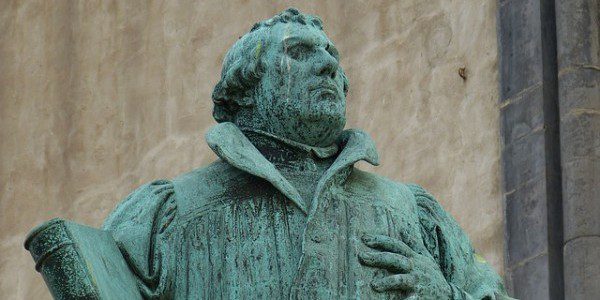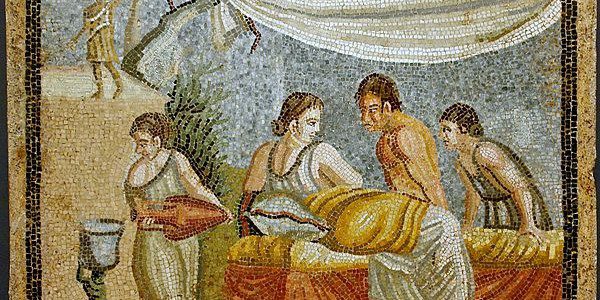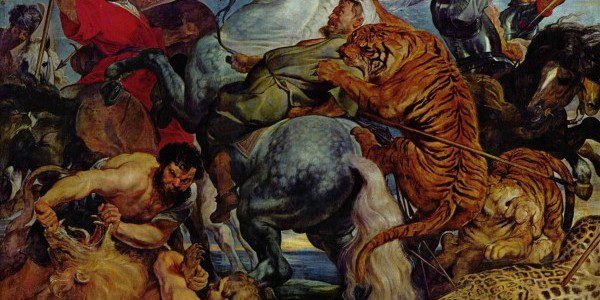You decide to pick up that coffee cup and take a sip. Was that decision really free, or was it the determined outcome of unconscious brain activity that led to your picking up that cup and sipping the good, dark stuff? Or, the crime you committed (or were about to commit: See Minority Report) was determined by something other than your conscious, willful choice, are you really responsible for it? Some scientists (and philosophers) say that the feeling of having... Read more
















